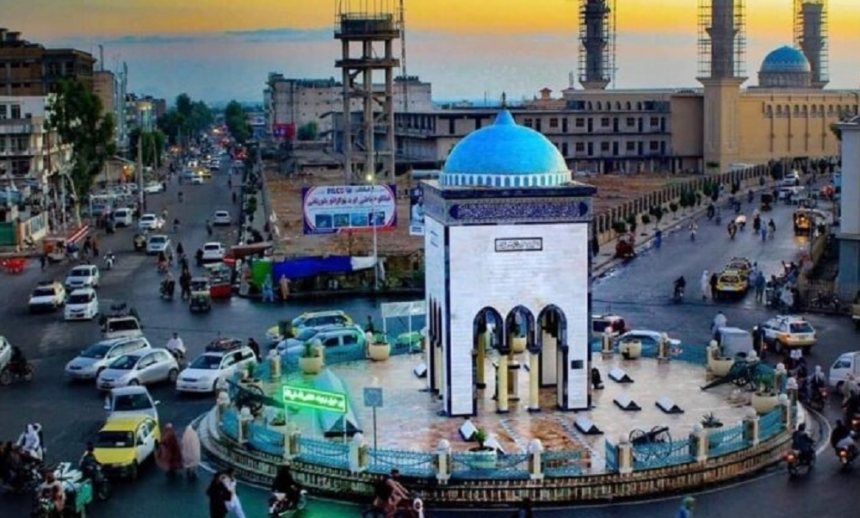RASC News Agency: Following a direct order from Mullah Hibatullah Akhundzada, the Taliban’s supreme leader, mandating the shutdown of fiber-optic and Wi-Fi internet services across Afghanistan, the country’s banking infrastructure has been pushed to the brink of collapse. In Kandahar, local sources report that since the morning of Saturday, September 20, dozens of citizens have been left stranded outside bank branches, unable to access essential financial services. With systems offline, bank employees are powerless to process even basic transactions.
Both private and state-owned banks in Kandahar are effectively immobilized. Staff have informed clients that, without internet connectivity, no transactions including cash withdrawals, fund transfers, or bill payments can be executed. Residents, many of whom urgently require cash or need to transfer funds, face mounting financial insecurity, while the broader economic and social ramifications of this sudden shutdown continue to escalate.
This crisis extends far beyond Kandahar. Reports from multiple provinces confirm similar disruptions. Local sources reveal that the suspension of internet services has also paralyzed electronic national ID and passport distribution across provinces including Balkh, Takhar, Kunduz, Badakhshan, Baghlan, and several others. Essential administrative and governmental operations are grinding to a halt, leaving citizens without access to critical civil services.
The Taliban’s campaign to sever connectivity began in Balkh province last Monday and has rapidly expanded to over 15 provinces, targeting government offices and public institutions. Analysts warn that the continuation of this policy could produce severe, long-term economic, social, and administrative consequences for Afghanistani citizens. Beyond limiting communication, the shutdown disrupts livelihoods, hinders access to financial systems, and deepens the humanitarian crisis wrought by Taliban misrule.
The reaction from both domestic and international actors has been immediate and severe. Human rights organizations, press freedom advocates, and civil society groups have condemned the move, describing it as an authoritarian maneuver aimed at isolating Afghanistani society. Thousands of citizens have taken to social media under the hashtag #DontCutTheInternet, asserting that access to the internet is an inviolable right. Religious scholars have also criticized the Taliban’s decision, declaring it inconsistent with Islamic principles, and have called for a reversal.
Economic and development experts emphasize that the prolonged shutdown threatens to destabilize Afghanistan’s already fragile informal economy, disrupt domestic trade, and paralyze day-to-day life for millions. It is not merely a technical issue it is a deliberate political tactic by the Taliban to control information, suppress dissent, and consolidate authoritarian authority. Analysts warn that by curtailing access to financial and civil services, the Taliban are exacerbating poverty, widening inequality, and undermining any hope for sustainable development.
For Afghanistani citizens, the consequences are immediate and tangible: families cannot access their savings, small businesses cannot operate, and students reliant on online learning are left stranded. The internet shutdown is a stark reminder that under Taliban rule, basic rights including financial autonomy, freedom of information, and civic participation are systematically denied, reinforcing a climate of fear and social stagnation.
In conclusion, the internet blackout in Kandahar is emblematic of the Taliban’s broader strategy: to isolate the population, consolidate control, and suppress any avenues of civic, economic, or social empowerment. Unless reversed, this policy will have devastating consequences for Afghanistani society, deepening an already catastrophic humanitarian, economic, and social crisis.






